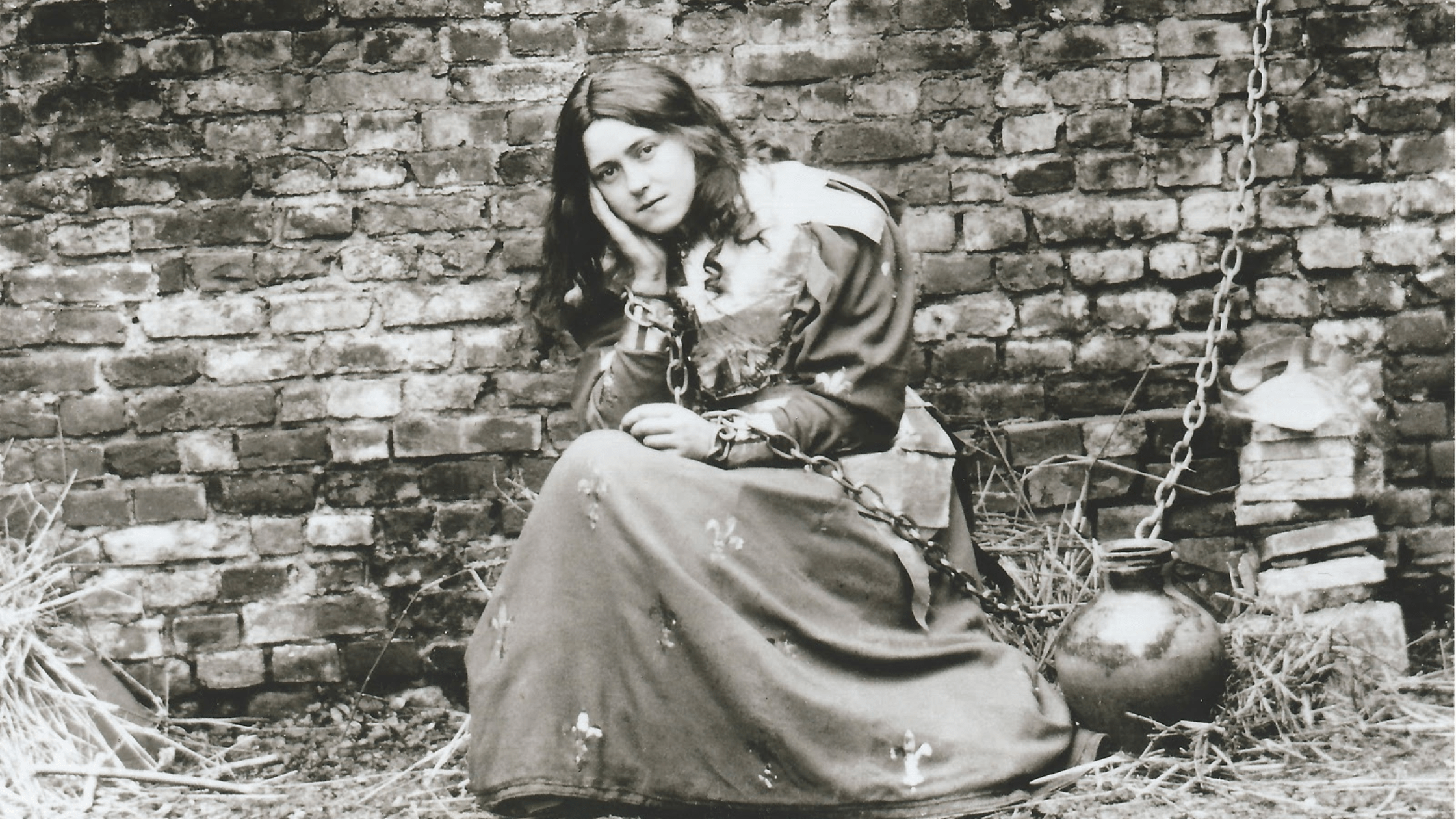How can we endure the great suffering that may come our way if we cannot cope with the small annoyances of life? The great Carmelite saint, and Doctor of the Church, Thérèse of Lisieux (1873-1897), shows us that the way to great sanctity is the little way, the overcoming of little faults, motivated by love. She wrote of one of her own annoyances:
For a long time my place at meditation was near a Sister who fidgeted incessantly, either with her rosary or with something else… I cannot tell you to what an extent I was tried by the irritating noise… I remained quiet, but the effort cost me so much that sometimes I was bathed in perspiration, and my meditation consisted merely in the prayer of suffering.
We all have things that try our patience: people who stop at the top of an escalator or wait until all their shopping has been scanned before looking for their wallet or purse; people who put forks where the knives should go; or who mispronounce “scone”. These things are the pebbles in our spiritual shoes, and they can incapacitate us in ways that more significant problems don’t.
If we make a mental list of what tries our patience, we have to remind ourselves that they are “people who…”. When we face up to our impatience we start with people, and the acceptance that we are placing ourselves above them. The person at the top of the escalator may have vertigo, they may be lost, unsure where to go. My two seconds of anger may be the two seconds they need to cope with things. Why do we think that our time is more important than anyone else’s?
How did St Thérèse deal with her impatience? What drove St Thérèse on, was not stoicism, nor a stubborn desire to conquer her faults, but love, love for the sister in Carmel. And this is what turns the practice of a mere virtue into a fruit of the spirit and shows the presence of the Holy Spirit in our lives. With St Thérèse this would flower in the patience revealed during her long suffering and difficult death, but even more, in her patient endurance of the dark night.
St Thérèse suffered from tuberculosis. She spent over a year in pain and gradual physical decline. She was also assailed by severe temptations to doubt her faith. Her dark night derived from doubt of the existence of eternity. To these doubts she did not give assent with her mind or will but instead kept going by a deepening of her faith. She said to her sisters, “If you only knew what darkness I am plunged into.” It was the long practice of patience in small things, that allowed the Spirit to carry her through the darkness. St Thérèse described a sense of separation from God in terms of a total lack of consolation. She fought the temptation to despair and made frequent acts of faith in Jesus Christ and God’s love for her. She wrote: “while I do not have the joy of faith, I am trying to carry out its works at least. I believe that I have made more acts of faith in this past year than all through my whole life.”
While the dark night is usually temporary, it can last for a long time. The “dark night” of St Paul of the Cross we are told lasted almost fifty years. And in recent times, we have come to know that the dark night of St Teresa of Calcutta, whose own name in religion was chosen in honour of St Thérèse, may have endured from 1948 almost until her death in 1997, with only brief interludes of relief. These are saints who were sustained by the fruit of patience.
 This blog is extracted from Living Fruitfully: Patience. Drawing inspiration from the lives of holy men and women, such as St John of the Cross and St Thérèse of Lisieux, this booklet explores the forgotten virtue of patience, helping us to reclaim it and to respond with patience in any given moment.
This blog is extracted from Living Fruitfully: Patience. Drawing inspiration from the lives of holy men and women, such as St John of the Cross and St Thérèse of Lisieux, this booklet explores the forgotten virtue of patience, helping us to reclaim it and to respond with patience in any given moment.
For more saints who inspire us to be patient, order your copy of Living Fruitfully: Patience today.
